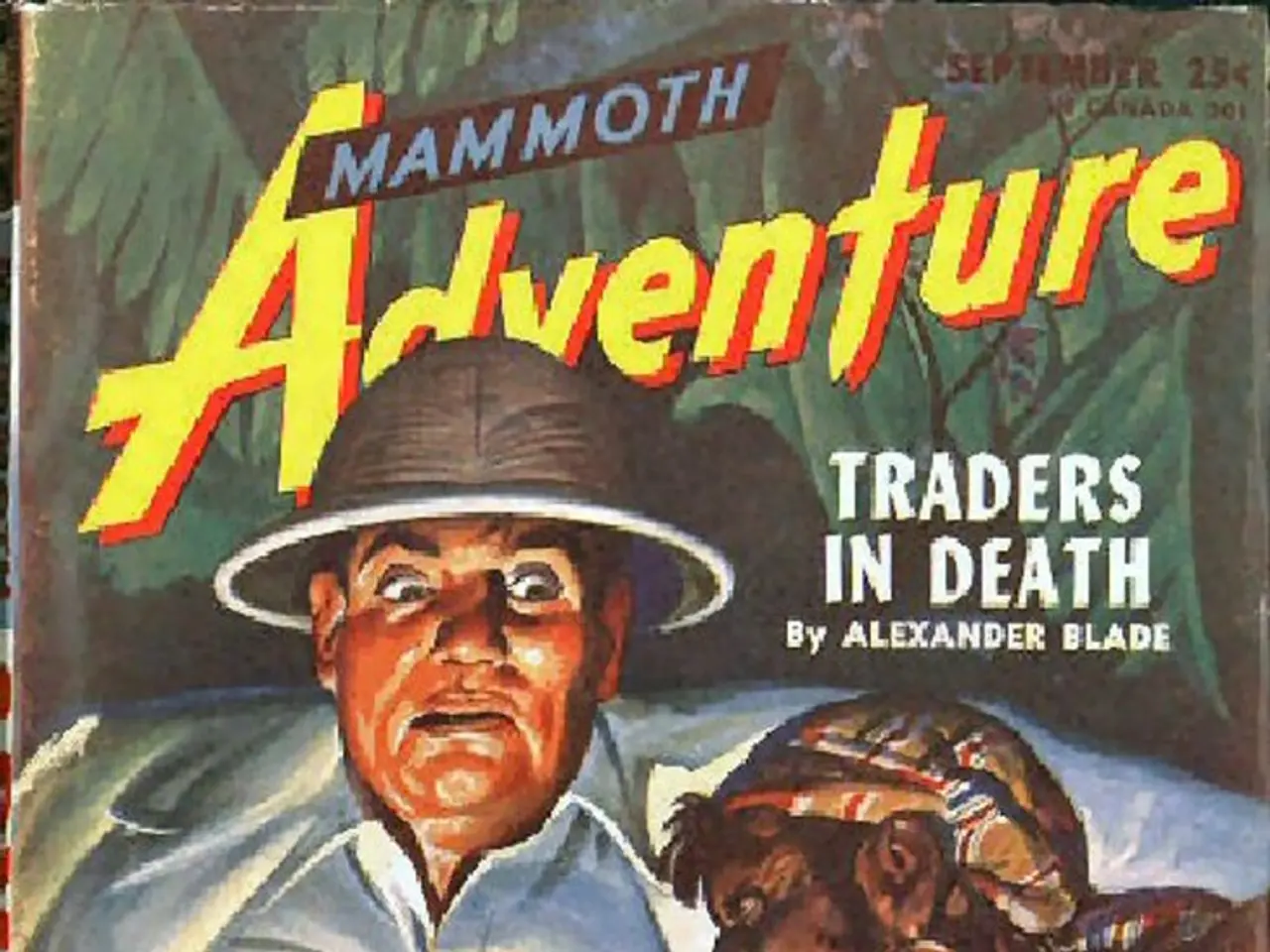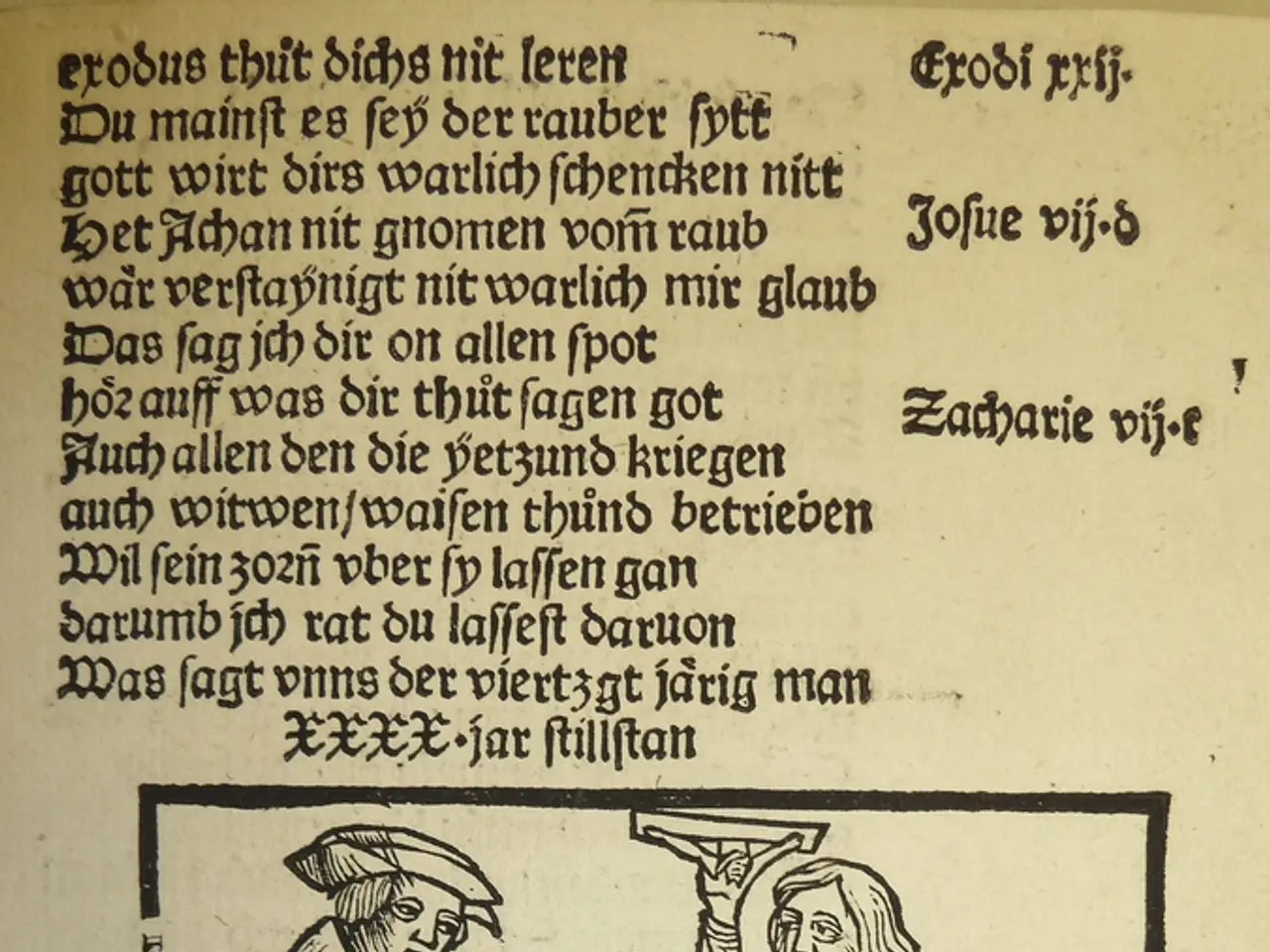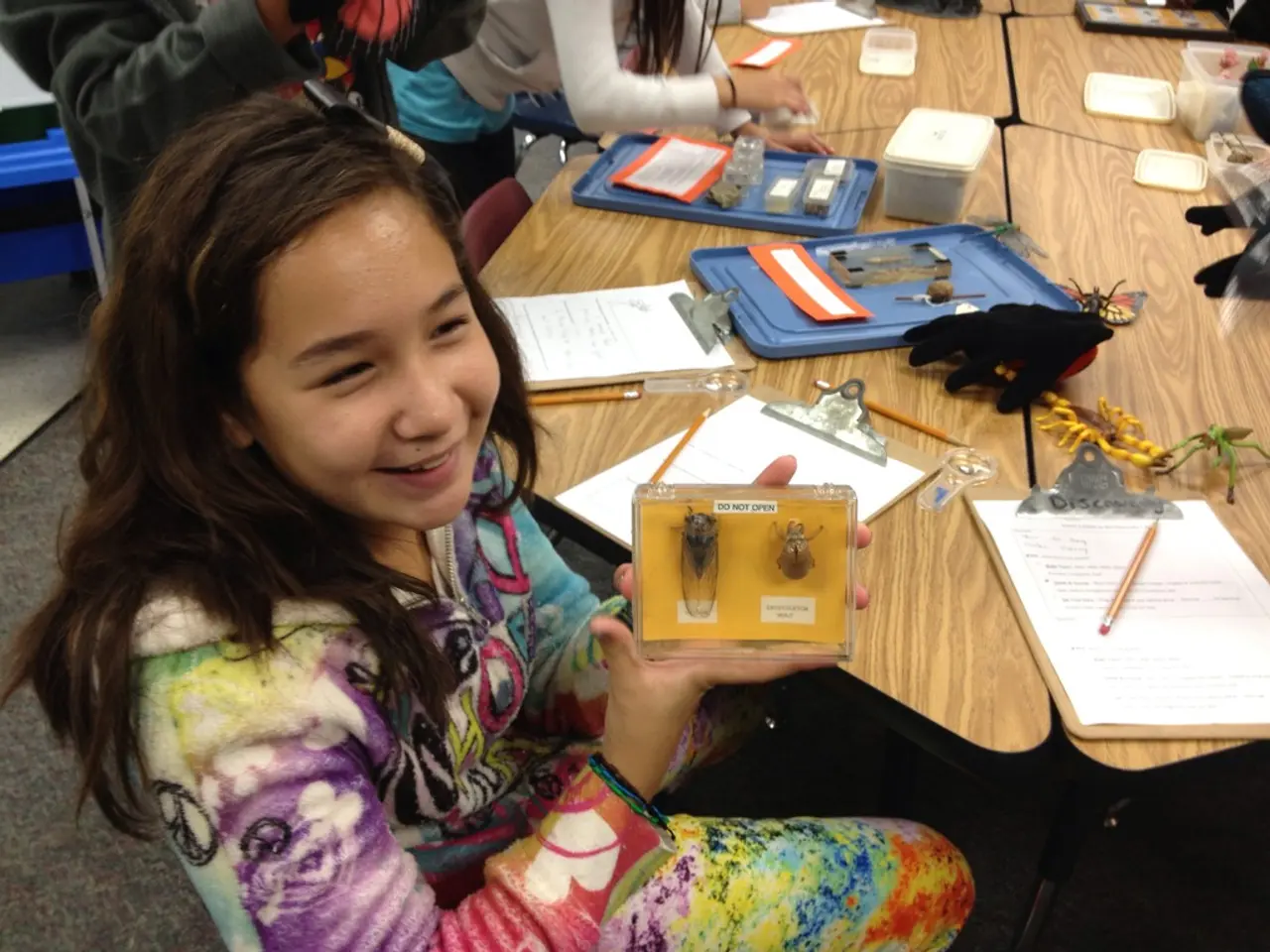Uncovering Cultural Depths in Traditional English Tales
English folktales, steeped in history and tradition, offer a captivating glimpse into the societal behaviors, norms, and values of the times in which they were told. These stories, often passed down orally within communities, serve as both entertainment and a means of preserving cultural heritage.
The historical context in which an English folktale is set frequently reveals much about the time and place. For instance, the tale of Robin Hood, set in medieval England, reflects values of justice and social equality, and can be traced back to a time of political unrest and class struggle.
Many English folktales showcase the struggle between good and evil, reflect societal values, or highlight peculiar local customs. Characters often embody the traits that society valued, with heroes embodying courage and honor, while villains represent deceit or greed. Themes like the battle between good and evil, quests for justice, and the triumph of the underdog illustrate ongoing human struggles and societal aspirations.
Symbolism is rich in these stories, with archetypes such as the hero, the trickster, and the wise sage embodying collective ideals and fears. Motifs like enchanted forests or magical artifacts serve as metaphors for mystery and awakening, while animal characters symbolize traits such as cunning or strength, establishing a shared cultural vocabulary across generations.
Exploring these cultural layers is important for several reasons. It provides insight into the collective psyche of past generations, showing how they perceived the world and what values they cherished. It allows us to trace cultural continuities and changes over time, deepening understanding of how societal values have evolved yet remain connected to traditional narratives.
This exploration enhances appreciation for the shared human experience, bridging historical contexts with modern sensibilities. It sheds light on how cultural narratives shape identity, ethnic pride, historical consciousness, and moral reasoning today. Understanding these layers enriches literary analysis and fosters greater respect for cultural diversity and continuity.
Folktales also illuminate contemporary social issues by revealing underlying cultural beliefs and patterns that persist into modern times. For example, many English folktales reveal a deep connection between humans and their natural environment, emphasizing the importance of environmental respect and sustainability, themes that remain relevant today.
In summary, English folktales are invaluable for both cultural anthropology and literary study as they connect the past with the present, highlighting the enduring power of narrative to shape and reflect societal norms and individual identity. These tales serve not only as entertainment but also as repositories of collective wisdom, fears, and aspirations that continue to influence modern storytelling, cultural identity, and societal values.
- Delving into the realms of fashion-and-beauty, we might discover various representations of societal beauty ideals hidden within English folktales, showcasing how these beliefs have evolved over time.
- For those seeking personal-growth and self-development, studying the historical narratives and life lessons portrayed in these folktales can provide valuable insights into the societal values and aspirations if their time, inspiring modern individuals to strive for self-improvement and ethical living.
- In the realm of career-development and skills-training, one might find echoes of the importance placed on specific trades and occupations in medieval England, as seen in tales of blacksmiths, weavers, and craftsmen who embody the values of hard work, perseverance, and mastery of a craft.
- As a backdrop for sports enthusiasts, English folktales often incorporate athletic competitions and feats of strength, such as contests in archery or footraces, reflecting the central role of sports and physical prowess in shaping identity and community in medieval society. In European leagues and even the premier-league today, the passion and camaraderie evident in these contests endure as powerful elements that unite fans throughout the continent.
- For those interested in understanding the interplay between society and sports, the tale of football's origin in England offers a fascinating glimpse into how a pastime can evolve into a global phenomenon, mirroring the growth and development of cultural traditions over time, while also highlighting the transformative power of stories to spread ideas and values across borders.




